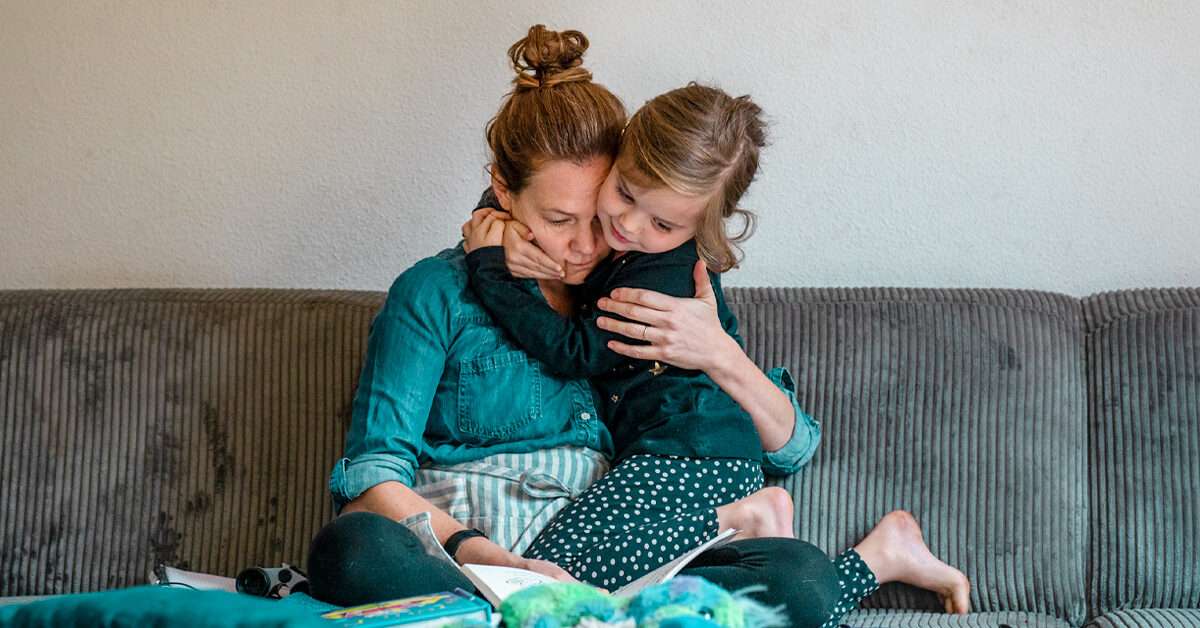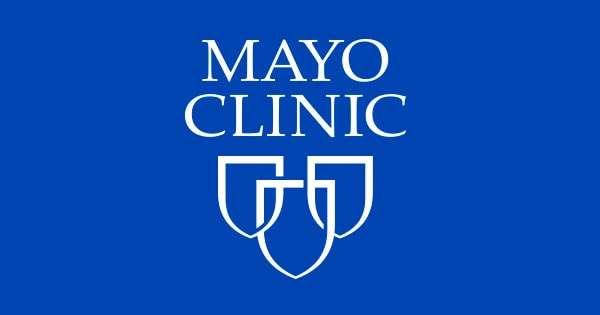
Share on Pinterest
Lisa Wiltse/Getty Images
By age 16, more than two-thirds of children report experiencing at least one traumatic event, according to the Substance Abuse and Mental Health Services Administration (SAMHSA).
Fortunately, the right therapy can help children, adolescents, teens, and adults find ways to heal and cope with the effects of traumatic experiences like abuse, community violence, natural disasters, neglect, and sudden loss of a loved one.
Here, we discuss childhood trauma, the different types, how it may affect you, signs to be aware of, and treatment options for children and adults.
What is childhood trauma?
A traumatic event poses a threat to a child’s life or physical safety. This includes events that are frightening, dangerous, or violent.
For some kids, there may be no time for healing between traumatic events — their life is in an almost constant state of chronic stress and trauma.
Examples of childhood trauma include:
- physical abuse
- sexual abuse
- psychological and emotional abuse
- neglect
- natural disasters like hurricanes, earthquakes, or fires
- homelessness
- racism
- serious accidents or life threatening illness
- violent loss of a loved one
- sexual exploitation
- refugee and war experiences
- community and school violence
- witnessing or experiencing family or partner violence
- military stressors like loss, injury, or parental deployment
How childhood trauma may affect you
Childhood trauma affects each person differently. However, there are some common signs and symptoms to watch out for in both kids and adults.
In preschool and elementary-age children:
- separation anxiety
- becoming anxious and fearful
- difficulty sleeping and increase in nightmares
- crying or acting out
- decrease in appetite
- moodiness
- increased aggression and anger
Teens can experience all of the signs mentioned above, plus the following:
- irritability
- withdrawal from social activities
- academic problems
- self-blame for the event (guilt and shame)
- feeling depressed
- difficulty concentrating
- eating disorders and other self-harm behaviors
- increase in behaviors like sexual activity and alcohol or drug use
In adults, unresolved childhood trauma can take on many forms. For example, female adults who experience sexual abuse as a child or teen often show signs of post-traumatic stress disorder (PTSD), distorted self-perception, shame, fear, guilt, self-blame, humiliation, and chronic physical pain, according to the American College of Obstetricians and Gynecologists.
Adults dealing with PTSD from childhood trauma can struggle in their jobs, interpersonal relationships, and with their own mental health.
Here are some emotional, physical, and behavioral signs to be aware of:
- anxiety
- depression
- panic attacks
- poor concentration
- fatigue
- impulsiveness
- problems with sleep
- chronic health conditions
- compulsion
- self-harm
- chronic stress and inflammation
- isolation
- eating disorders
- suicidal ideation
What other mental health conditions may be related to childhood trauma?
Childhood trauma can have consequences well into adulthood. One 2019 study found that adults in psychiatric outpatient programs experienced a higher rate of traumatic events as kids compared to adults not in treatment.
Another 2019 study looked at data from 1,420 participants and found that those with childhood trauma experienced adverse outcomes in adulthood including mental illness, addiction, and health problems.
The participants were interviewed annually as children and then four more times during adulthood (at ages 19, 21, 25, and 30) over 22 years.
Of the 1,420 participants, 30.9 percent said they experienced one traumatic childhood event, 22.5 percent experienced two traumatic events, and 14.8 percent experienced three or more.
The effects of trauma at a young age can result in mental health conditions including:
- PTSD
- anxiety disorders
- major depressive disorder
- eating disorders
- substance and alcohol use disorders
Experiencing sexual abuse as a child can also increase suicide ideation in adults, according to results from a 2017 survey.
What’s the outlook for people who’ve experienced childhood trauma?
Long-term effects of childhood trauma can increase the risk of mental health conditions like PTSD and depression, chronic illness, or substance use disorders.
However, with the right therapy, the outlook for people who’ve experienced childhood trauma is positive.
Depending on the type of trauma and how long it occurred, treatment may take a while, especially if you’re addressing these issues as an adult.
The bottom line
Therapy for childhood trauma can help lessen the impact of abuse, neglect, witnessing violence, natural disasters, and serious accidents or life threatening illnesses.
Addressing these issues during childhood or adolescence can reduce the risk of developing mental health issues like anxiety and depression or chronic conditions. However, seeking treatment as an adult is also beneficial, helping you identify trauma and deal with its effects.
If you experienced trauma or abuse during childhood, you might wonder if you should seek therapy. But maybe you are too busy to commute to appointments. You don’t even have any time to feel everything, much less talk about it.
Then there are the plethora of worries people sometimes have when they consider working with a therapist. You might think, “What if I end up feeling worse? What if the therapist thinks I don’t have any problems? Am I exaggerating my experiences?”
Then you start wondering why everyone else seems so happy, while your head swims with worries and you slog through each day. You are not alone, and there are ways to feel better.
I recently completed research on 300 successful men and women. Roughly 40% of them reported experiencing childhood abuse, witnessing family violence, or having an alcoholic parent while growing up. Even more people reported growing up in poverty, having a parent with a mental illness, or losing a family member.
Childhood adversity is common, yet it leaves an indelible mark on one’s psyche. The men were affected as often as the women. My study participants described the negative impact from this kind of adversity as:
- anxiety
- being easily emotionally triggered
- fear of speaking and identifying their truth
- poor boundaries with others
- depression
- overeating and overdrinking
- lack of self-confidence
- shame
- poor communication skills
- lack of conflict negotiation skills
Such a significant impact begs the question of how these adults overcame their disruptive childhoods to achieve success and happiness. Most of them remembered a pivotal moment when they identified the strengths gained from their childhood survival skills and committed to changing their futures. Many of them sought out a therapist to listen to their hardships and provide insights and education to further the healing process.
Therapy Can Help
Childhood misfortunes make everything more difficult — self-confidence, conflict resolution, being in love, and being successful. A therapist can help people identify, fully describe, and respect their journey, and also appreciate their own “hard won” survival skills.
The high achievers I studied described their adaptive survival skills as:
- sensitivity and empathy for others
- patience and support
- independence
- resilience
- intuitiveness about group politics
- becoming a student of communication and conflict negotiation skills
- leading a values-driven life
Growing up without good role models for personal and professional success necessitated becoming serious students of life skills, transforming their childhood survival skills into adult strengths. This helped them excel in areas where others were only average.
You can feel much better today as an adult than you did as a child and adolescent. You are not helpless to change your moods, behaviors, and circumstances. It does, however, require a commitment to personal growth and often is enhanced with the right therapist.
Tips from those who experienced childhood family violence and alcoholism include:
- Identify your values and live a values-driven life
- Self-compassion
- Identify and eliminate self-defeating behaviors
- Increase self-confidence through accepting challenges and improving your internal dialogue
- Prayer and spirituality
- Meditation/mindfulness
- Exercise regularly
- Spend time in nature
- Learn assertiveness and conflict negotiation skills
- Rewrite your family story with a focus on accomplishments and strengths
- Seek individual therapy with a therapist trained in trauma recovery
Facing Your Problems Head On
You can run, but you cannot hide from your childhood. It has become a part of who you are, for better or for worse. Nonetheless, the energy spent in pretending to have had a blissful and healthy family as a kid may be better spent turning around and facing the demons in the face. See your past for what it was — a tragedy that you were not given the love and care children need. The realization that childhood trauma leads to lifelong struggles with mental and physical health is shocking and may become a pivotal moment toward greater mental health.
We cope, try to stay optimistic, and push the past as far away as possible. But what if you choose to stop and face the pain? One Minneapolis-based psychologist and licensed marriage and family therapist explained the impact on a child when experiencing trauma and how therapy may be helpful.
“A child is very vulnerable to messages from their parents and so negative messages become very deeply embedded into their psyche. It damages their core sense of self and worthiness. Often children think there is something wrong with them and if they would have been a better kid, these bad family problems would not have happened. At the very time when children are learning how to bond or attach with others, there is uncertainty and abandonment. The child starts seeing the world as an unsafe place and their trust in other people is damaged; therefore, they become hyper-vigilant. Post-traumatic stress symptoms develop to varying degrees with those who experienced childhood trauma, including flashbacks, nightmares, anxiety, avoidance of situations that remind you of the past, angry outbursts, and lack of a sense of the future. To numb these feelings, people turn to alcoholism, eating disorders, and other behaviors that harm one’s self. Counseling can be very valuable in changing these patterns.”
For myself, I did not want to wait until retirement, rocking in my chair on the porch, wondering about my past. I have stopped, looked it in the eye, and worked to recover the happy self I could have been as a child.
My journey and those of others I admire are outlined in my book, The Adversity Advantage: Turn Your Childhood Hardships Into Career and Life Success. Consider taking the self-assessments and reading the real stories of others who have transformed their lives into a level of well-being and happiness. You can benefit from their wise and doable advice.
I believe therapy is important in the recovery process. Find a knowledgeable and licensed therapist who has competency in trauma recovery or abuse, someone to provide witness to your family history.
The goal is to identify and release painful emotions from childhood while focusing on improving self-esteem and self-compassion to create a healthy life. Time definitely heals, but the degree to which you heal depends on whether you expend meaningful effort to understand and change your behaviors.
Talkspace articles are written by experienced mental health-wellness contributors; they are grounded in scientific research and evidence-based practices. Articles are extensively reviewed by our team of clinical experts (therapists and psychiatrists of various specialties) to ensure content is accurate and on par with current industry standards.
Our goal at Talkspace is to provide the most up-to-date, valuable, and objective information on mental health-related topics in order to help readers make informed decisions.
Articles contain trusted third-party sources that are either directly linked to in the text or listed at the bottom to take readers directly to the source.




